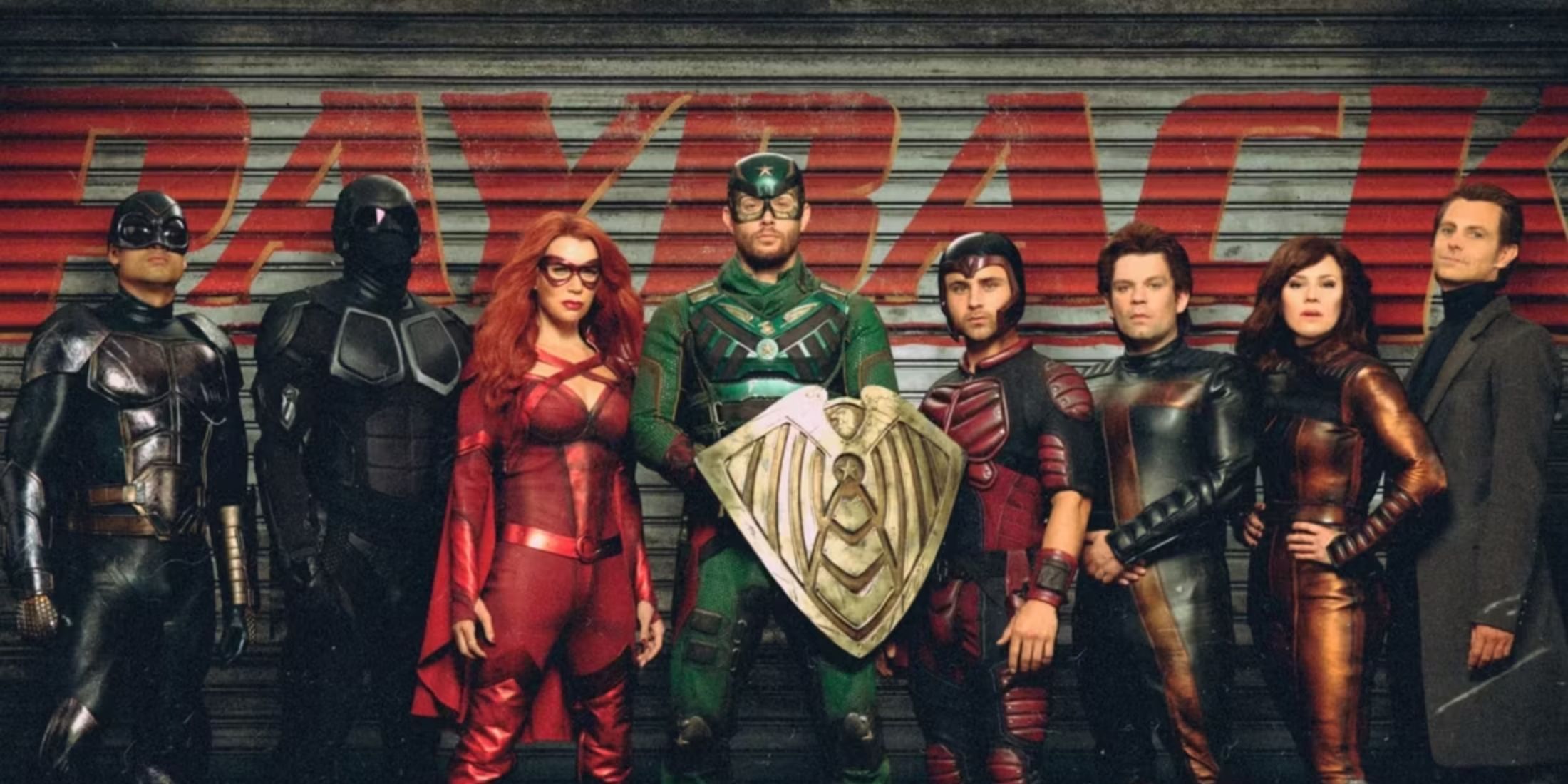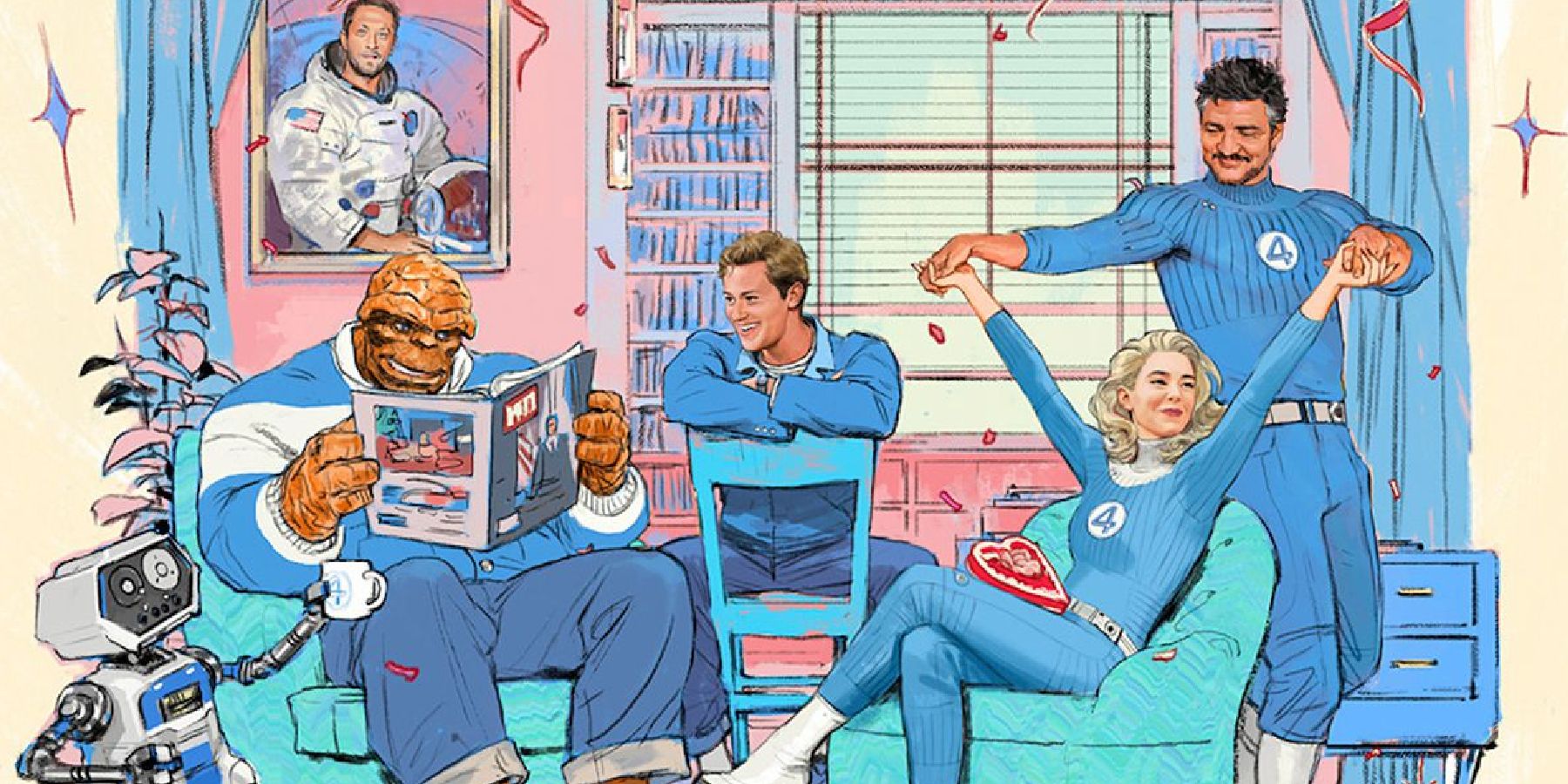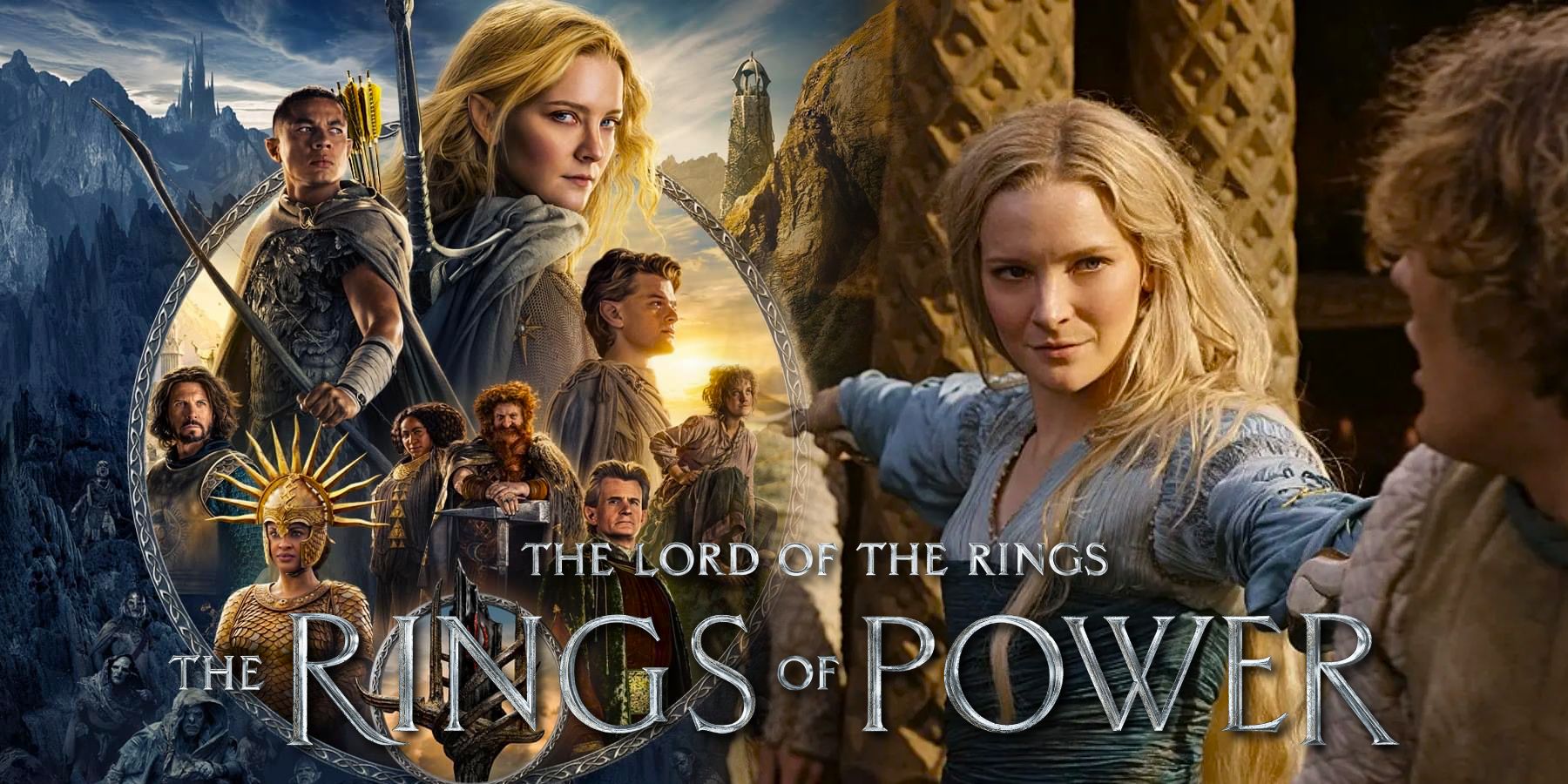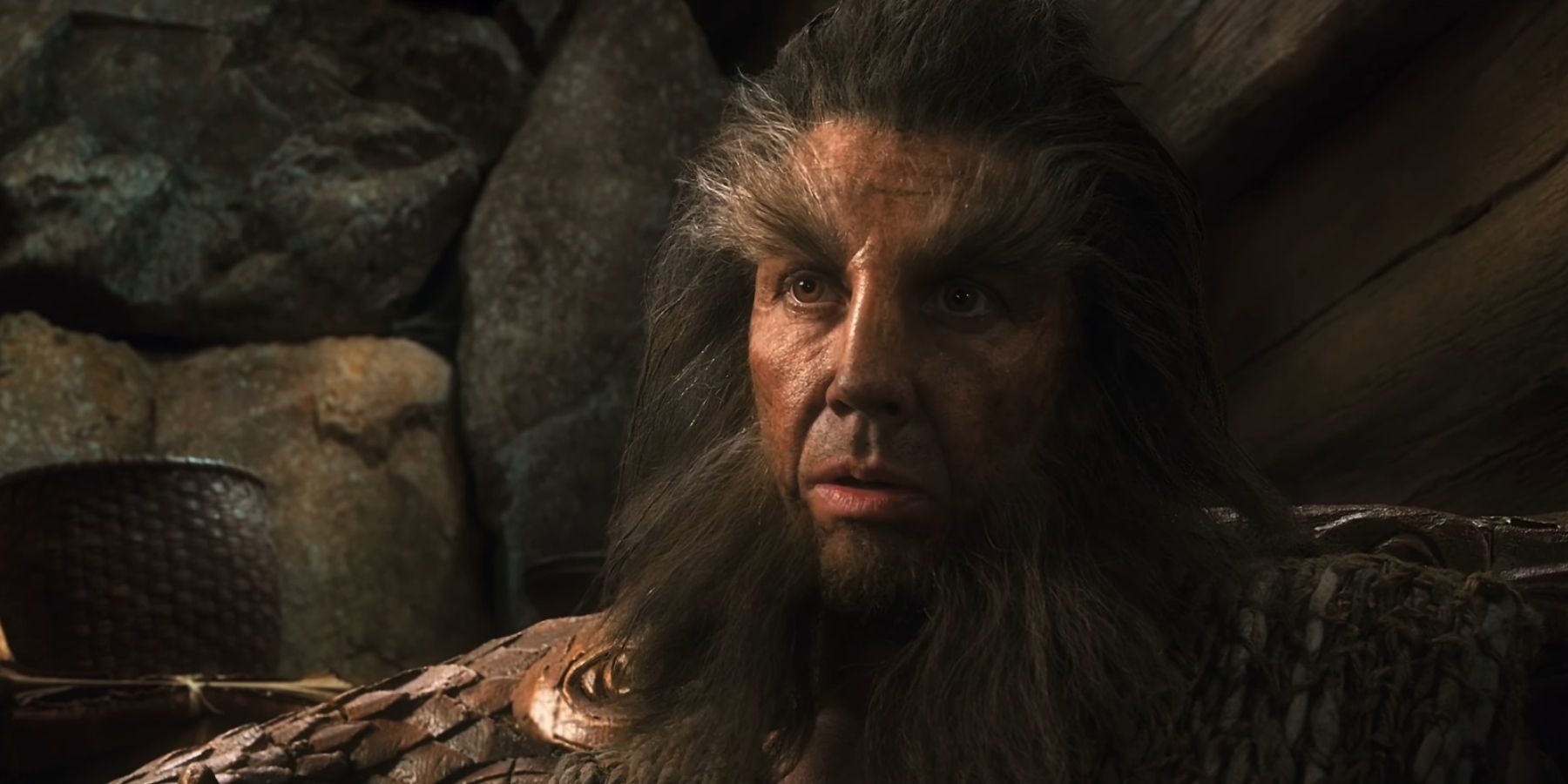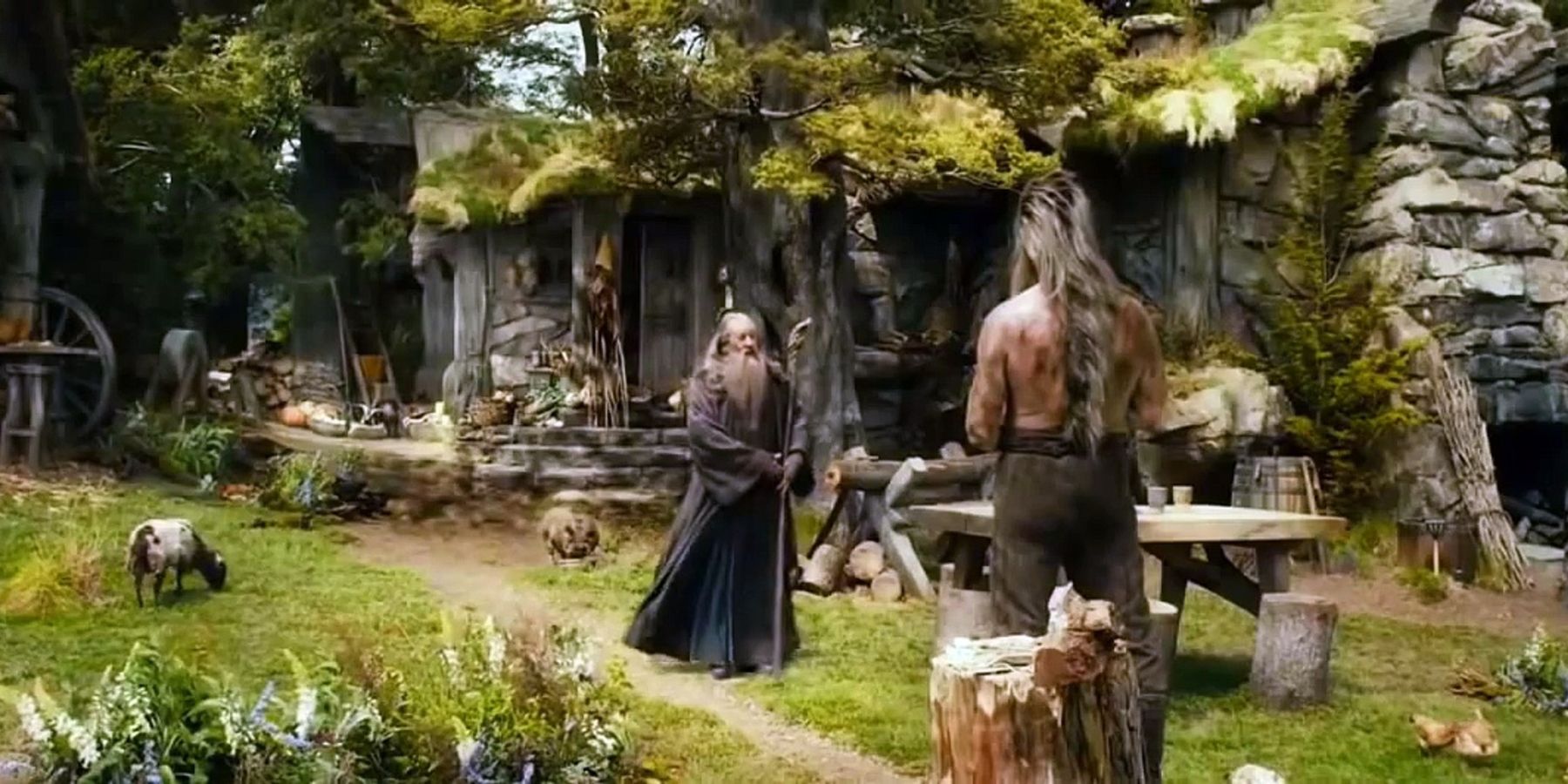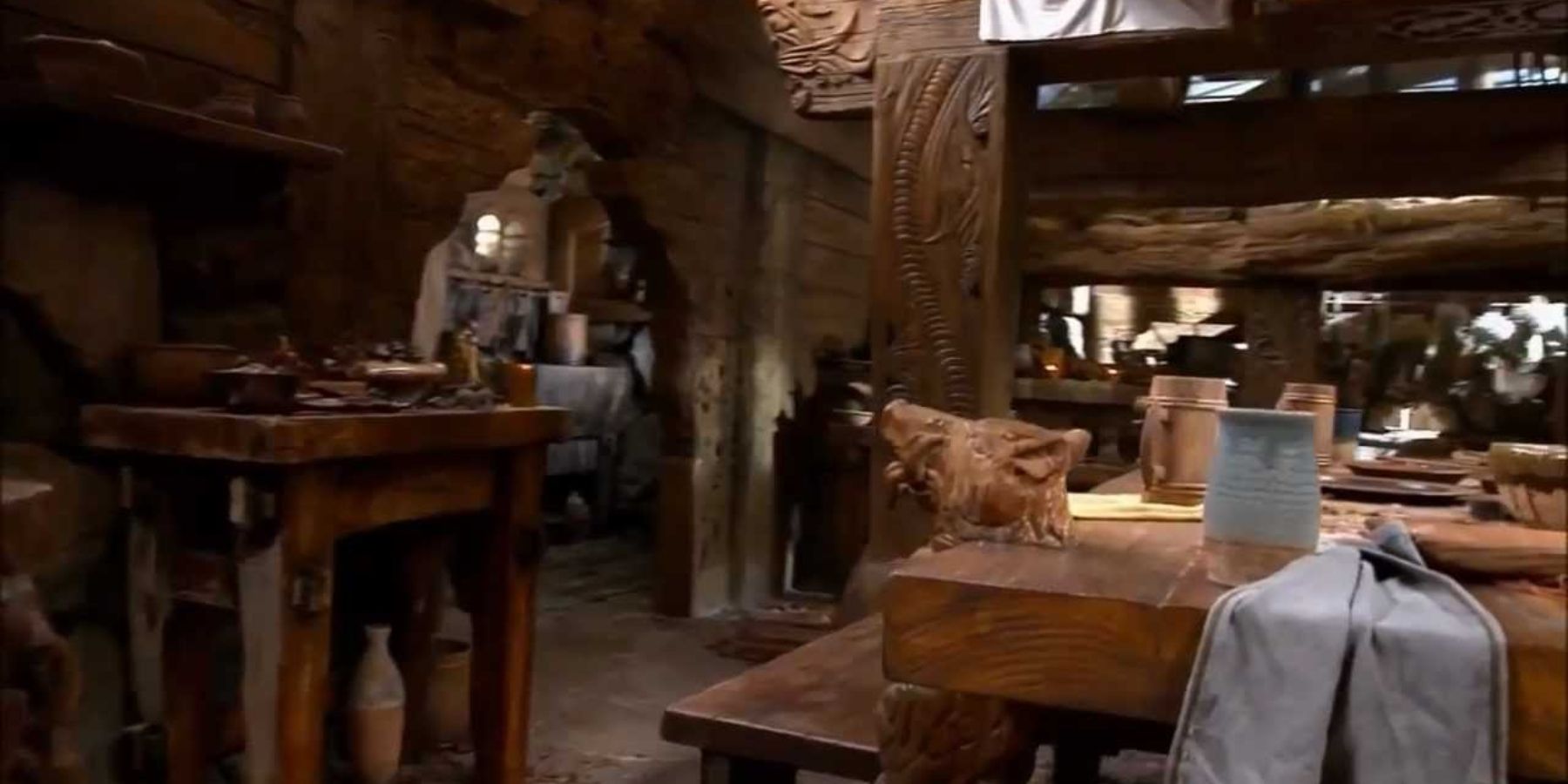The Hobbit has a host of wonderful creatures and beings who blend in beautifully with the nature around them, and seek to preserve and protect the forests and their creatures from the evil Necromancer. One such being is of course Radagast the Brown, who is shown to be the friends of the hedgehogs and the flora around his houses, as he rides around on a sled pulled by Rustabell Rabbits, the fastest in the world, and tries to save his friends from the large spiders who crawl over his house out of Mirkwood.
But arguably a creature who is arguably even more invested in nature and the wellbeing of the animals is Beorn, the Bear man, and that is because he is able to walk among them. When Bilbo and the other dwarves on the quest for Erebor are in dire straights, having just had a run in with the Goblins under the mountains, and then been chased up tall pine trees by a pack of wolves, before luckily being rescued by the giant eagles nearby, they are in desperate need of shelter and refuge.
Gandalf decides therefore to lead them in the direction of the home of Beorn, though he is at first very cautious in doing this, because the large man is quick to anger, is not fond of guests, and has a particular dislike of dwarves, because of their greed. Although the company must approach him two at a time, and gently draw him into hosting the massive company, the audience soon learns that he only seems gruff on the exterior because he is the last of his kind. He is lonely, and has obviously suffered tragedies in his past that the dwarves and the hobbit can only guess at.
Even so, Bilbo Baggins is a particularly quaint and homely sort of hobbit, who has lived away from Men, experienced very little of the world outside of The Shire, and has almost no knowledge of the dark state of the wider world at the time. His only real trouble or mischief in his life before the quest was Lobelia Sackville Baggins. Therefore, when Gandalf introduces Beorn as a ‘Skin changer’, meaning that he can take the form of another being and change into a bear, Bilbo is horrified. He replies with "What! a furrier, a man that calls rabbits conies, when he doesn't turn their skins into squirrels?".
Now Gandalf warns him about his language at this moment, because the term ‘furrier’ is a particularly loaded word, and could be offensive to Beorn for many reasons. Not only because Beorn is about to be kind enough to allow them into his home, to feed them, to set them up beds, to provide them steeds with which to race through the surrounding lands, which would make any sort of derogatory comment very rude to their host, but also because of the specific connotations of what a furrier is.
The first reason this would be so offensive to Beorn is because of the nature of a furrier’s job. At the time of Tolkien writing, in 1930’s England, a furrier was quite a common trade, and it was the name used for a man who would hunt animals, and then skin them and use their furs to make fashionable clothing, including coats, hats and gloves. That in itself would have been a horrible and heinous concept to Beorn, who shows great love and care towards the animals in his lands, and seems to value them as friends.
All of the food served within his house is brought in and served by the wild creatures, from deer all the way through to dogs. What’s more the food that is served consists of things like honey, and cream, and bread that has been lovingly baked, rather than meat or fish which would traditionally be served to guests, so it is clear that Beorn doesn’t even eat animals, let alone hunt them and kill them for their skins.
The second part about Bilbo’s comment that would be deeply insulting to Beorn, is the second half of his statement, “calls rabbits conies, when he doesn’t turn their skin to squirrels”. The reason that this statement is problematic is that it implies that there is some sort of shifty, underhand trade going on here. Rabbit skins would be more valuable in the trade market than squirrel fur would be, and by suggesting that a furrier might exchange the two, it demonstrates that a furrier might have a duplicitous or dishonest nature, and might be trying to cheat people out of a fair deal.
This is of course also highly inappropriate to suggest someone who is considering being kind enough to give them a place in his home for the night. Of course, Bilbo doesn’t actually mean any harshness or rudeness towards Beorn, and simply speaks out of fear, and his limited experience of the trades and the peoples of the world.

